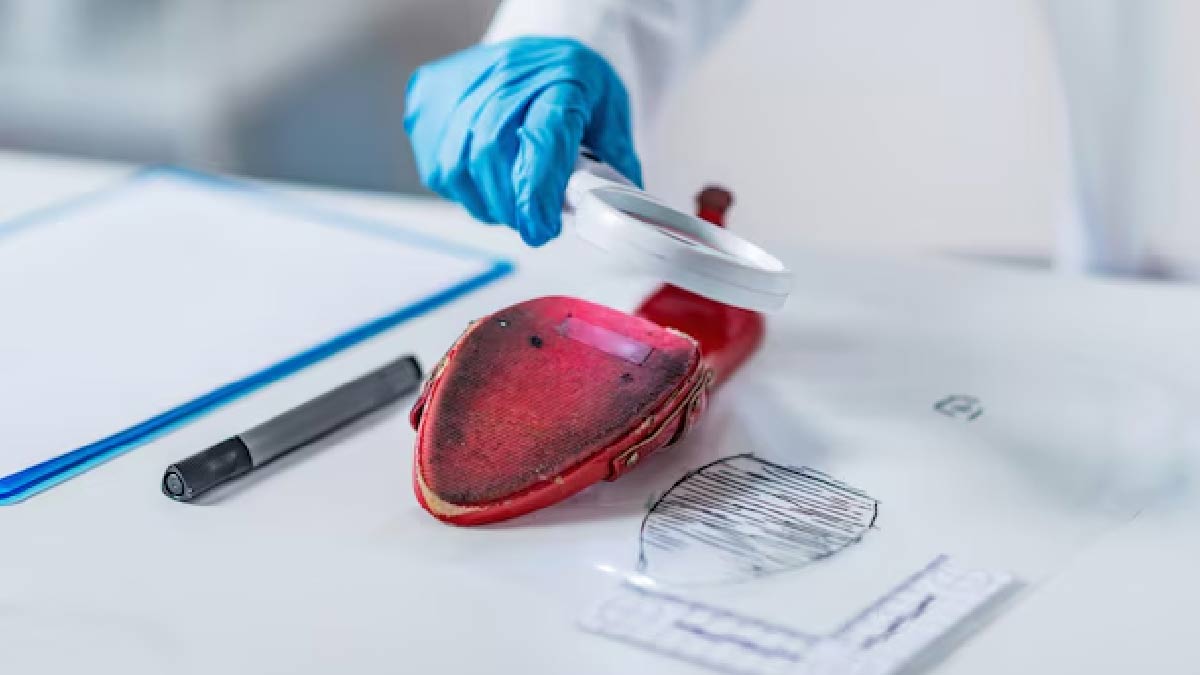
Cervical cancer is a significant health concern for women worldwide, but it is also one of the most preventable types of cancer. Regular screening through Pap smear tests is crucial in detecting precancerous changes in cervical cells, allowing for early intervention and treatment.
Table of Content:-
However, due to the taboo surrounding reproductive and sexual health, there is an extreme lack of awareness about cervical cancer and most importantly pap smear tests. One question that always arises is how often should you get a pap smear test and at what age you should start getting regular screenings. To know the answers to these questions, the Onlymyhealth team spoke to Dr Vimee Bindra, SRC Accredited Endometriosis Specialist, Robotic and Laparoscopic Gynaecologist, MBBS, MS, FICOG, MHA.
Myths Surrounding Pap Smear
According to the World Health Organisation, cervical cancer occurs in the cells of the cervix—the lower part of the uterus that connects to the vagina. It is primarily caused by persistent infection with certain types of human papillomavirus (HPV). Early stages of cervical cancer often do not present symptoms, making regular screening essential for early detection.

Explaining what happens in a pap smear, Dr Bindra said, “A Pap smear test, also known as a Pap test, is a procedure that collects cells from the cervix to look for abnormalities that may indicate cervical cancer or precancerous conditions. During the test, a healthcare provider uses a speculum to widen the vaginal canal and then gently scrapes a sample of cervical cells for examination under a microscope.”
Does A Pap Smear Hurt?
The biggest misconception surrounding pap smear tests is that it hurts to get it done. Dr Bindra elucidated, “A lot of patients tell me that they are apprehensive about getting a pap smear test done because they are under the impression that it is very painful.”
Busting that myth, Dr Bindra said that pap smear tests do not hurt at all. “It is an extremely simple examination if you cooperate. It can be performed easily in the Out-Patient Department.”
Is Pap Smear A Cancer Screening Test?
Another reason that makes people apprehensive about getting a pap smear is that they think it is a cancer screening test. “When we tell patients that a pap smear is essentially a cancer screening test, they get scared,” said Dr Bindra.
“But it is essential to get this screening test done because it is important to detect cervical cancer at least 10 years in advance. The HPV cells can take 8 to 10 years to turn cancerous. A pap smear can detect those cellular changes so we can halt them from developing into cancer before time,” she added.
Also Read: Does A Pap Smear Hurt? And 3 Other Facts To Know About The Procedure

Frequency And Right Age To Start Pap Smear
Talking about the right age to start pap smear tests and the frequency of screening, Dr Bindra listed:
- The ideal age to start cervical cancer screening is 21 years.
- A pap smear test should ideally be performed once every three years.
- When it comes to specifically testing for Human Papillomavirus (HPV), then testing should be done once every five years.
- If you get three consecutive negative tests while screening for HPV, then screening can be stopped.
- Women over 65 who have had regular screenings in the previous 10 years with no significant abnormal results can discontinue cervical cancer screening.
- Women with a history of cervical cancer should continue to be screened for at least 25 years after the diagnosis, even if this extends beyond age 65.
Also Read: Cervical Cancer: Expert Explains The Importance Of PAP Smear Test To Detect It
Regular Pap smear tests are vital for the early detection and prevention of cervical cancer. Starting at age 21, women should follow the recommended screening schedule to ensure they remain vigilant against this potentially life-threatening disease. Always consult with your healthcare provider to determine the best screening plan for your individual health needs and to stay informed about any updates in cervical cancer prevention guidelines. By staying proactive and informed, you can take significant steps towards maintaining your cervical health.
Also watch this video
How we keep this article up to date:
We work with experts and keep a close eye on the latest in health and wellness. Whenever there is a new research or helpful information, we update our articles with accurate and useful advice.
Current Version